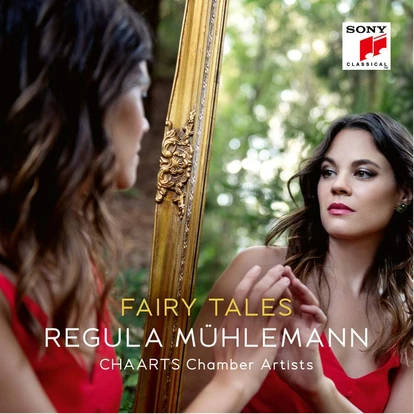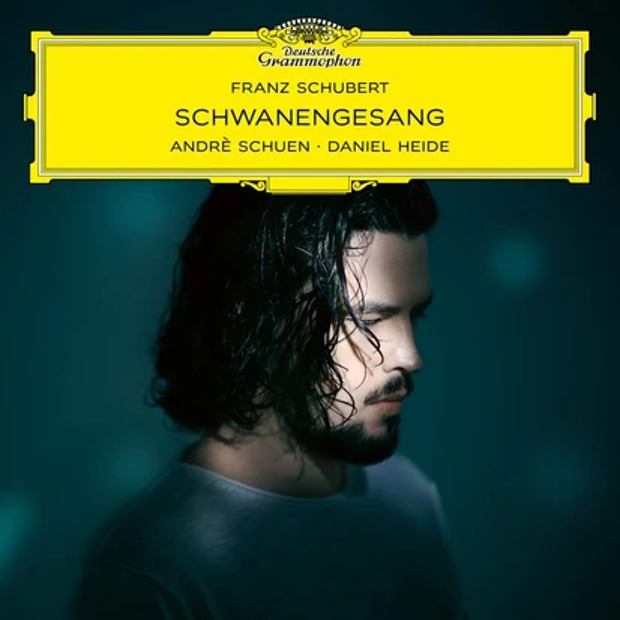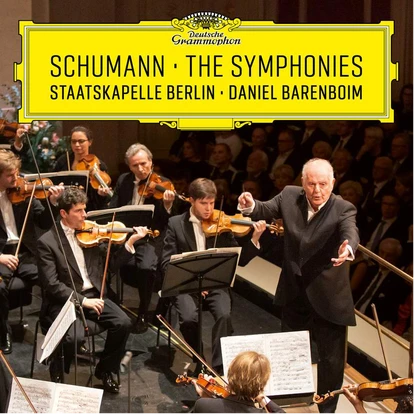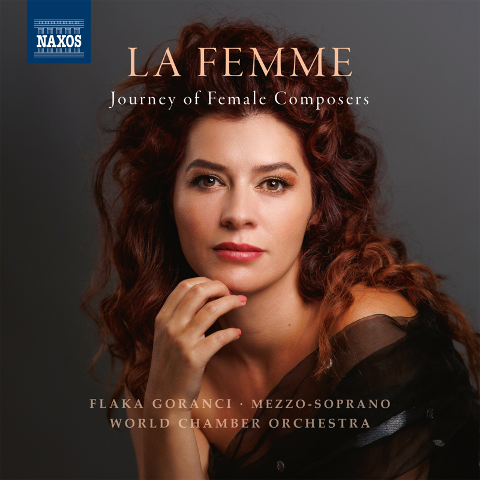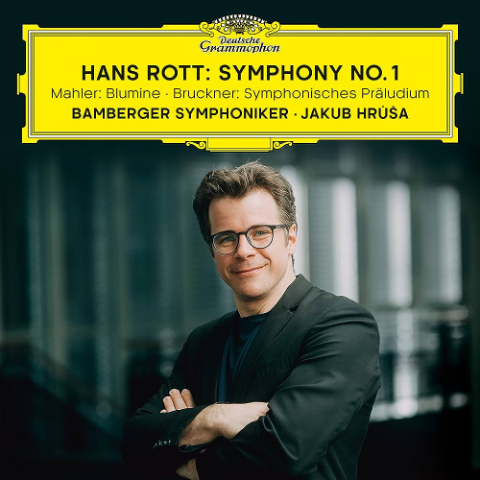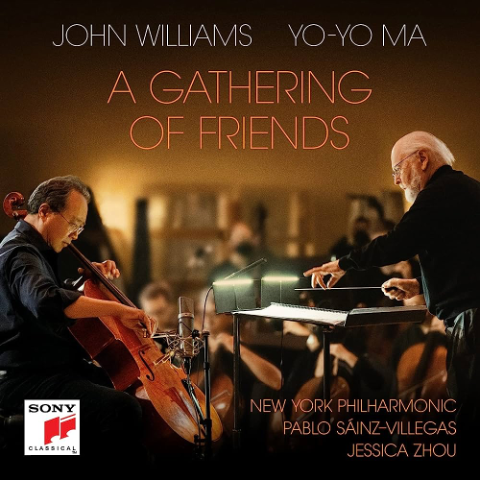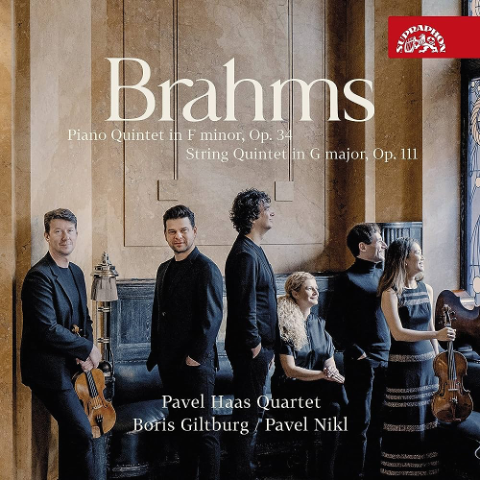Guitar Favourites
Discovering Guitar Gems: Xuefei Yang’s Alluring Compilation
January 2023
Xuefei Yang’s latest offering, “Guitar Favourites,” is a captivating musical voyage that showcases her virtuosity and artistry as she delves into a rich array of guitar compositions from around the globe. Released under Decca, this album encapsulates the versatility and technical prowess that have become synonymous with Yang’s name.
Notably, Yang infuses her personal touch into every note, imbuing each piece with a distinct energy and interpretation. The album spans an impressive range, including works by renowned composers such as Barrios Mangoré, Sor, Albéniz, Lauro, Rodrigo, Tárrega, Villa-Lobos, John Williams, and her own composition, “Xinjang Fantasy,” which pays homage to the musical heritage of China’s Xinjiang region.
Yang’s technical precision and command over her instrument are undeniable, setting a high bar for her contemporaries. Her meticulous articulation and unwavering musical intention shine through, creating a spellbinding listening experience. While her mastery of technique is evident, it’s Yang’s emotive connection to the music that truly captivates the audience. Her performance of Tárrega’s “Recuerdos de la Alhambra” stands out, as she skillfully employs rubato to infuse the piece with an organic ebb and flow, evoking a sense of nostalgia and longing.
One intriguing aspect of this album is Yang’s decision to switch between two different guitars, each contributing a unique timbral quality to the recordings. Although this choice may occasionally create a subtle discontinuity, it offers a glimpse into Yang’s versatility and ability to adapt her playing style to different instruments. Her affinity for the lighter, brighter tones of her Greg Smallman guitar is palpable, lending an extra layer of authenticity to the performances where it is featured.
Xuefei Yang’s nuanced interpretations breathe new life into beloved classics and offer fresh perspectives on familiar compositions. Whether it’s the delicate harmonies of Barrios Mangoré’s “La Catedral,” the playful variations of Sor’s “Variations on a Theme by Mozart,” or the evocative allure of Rodrigo’s works, Yang proves to be a trustworthy guide through the diverse landscapes of guitar music.
In “Guitar Favourites,” Xuefei Yang proves herself to be a remarkable talent, capturing the essence of each composition while adding her own distinctive touch. Her unwavering commitment to both technical excellence and emotional expression solidifies her reputation as a true maestro of the classical guitar.


